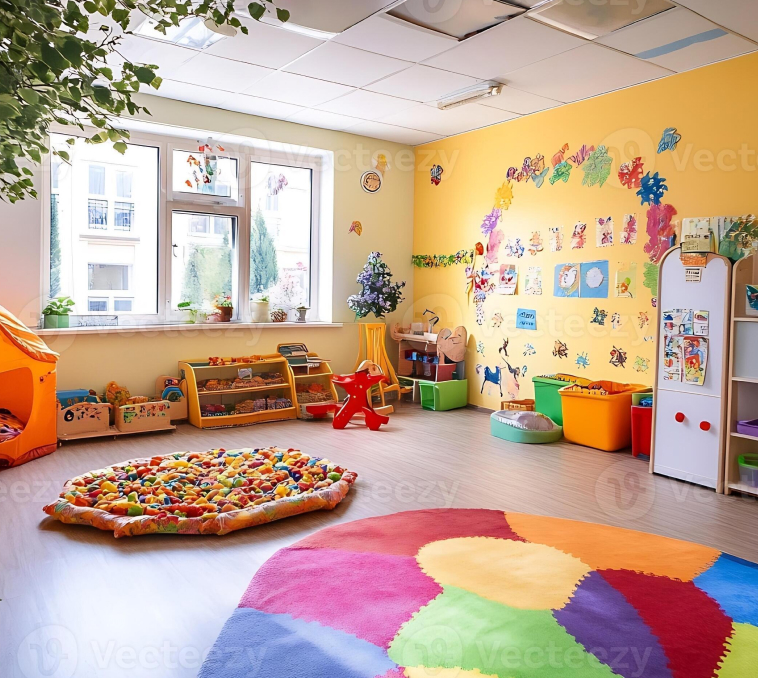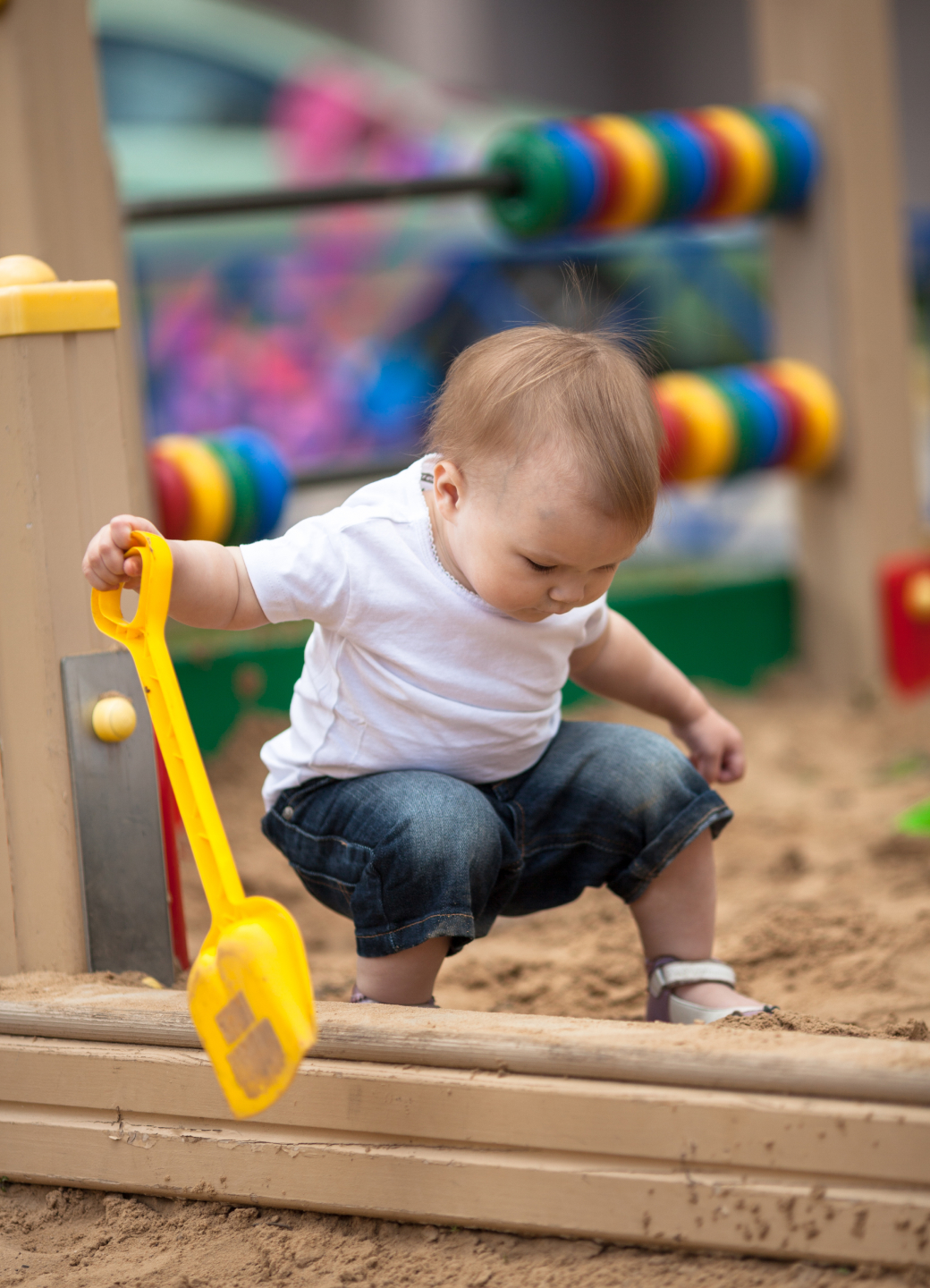
Early childhood, typically defined as the period from birth to six years, is a crucial time for mental health development. During these formative years, children undergo rapid growth in their brains and emotional capacities. Understanding early childhood mental health is vital for parents, caregivers and educators to foster healthy development and lay the groundwork for lifelong well-being.
The significance of early emotional development
Mental health in early childhood is not just about the absence of mental illness, but also the presence of positive emotional development. This includes the ability to form secure attachments, manage and express emotions and explore and interact with the environment. Healthy emotional development in these years is foundational for later social skills, self-esteem and learning abilities.
The role of attachment and relationships
Secure attachments to primary caregivers are central to healthy mental development. These early relationships form the blueprint for future emotional connections. Children who experience consistent, nurturing and responsive care are more likely to develop secure attachments. Conversely, inconsistent or negative early experiences can lead to attachment issues, affecting the child’s emotional and social development.
Recognising early signs of mental health issues
Early childhood mental health issues can manifest in various ways, often through behaviour. Warning signs might include excessive tantrums, persistent sadness, withdrawal from play, sleep disturbances or eating difficulties. Early detection and intervention are crucial, as untreated mental health issues can impact long-term development.
The impact of environment and experiences
Children’s environments and experiences significantly influence their mental health. Positive experiences, like play, nurturing relationships and safe environments, support healthy development. Conversely, negative experiences like trauma, neglect or exposure to violence can have adverse effects. Such experiences can lead to stress, which, if prolonged, can impact brain development and emotional well-being.
The importance of early intervention
Early intervention is key in addressing mental health concerns. This may involve counselling, family support services, or specialised early childhood mental health programs. Early support can mitigate long-term impacts and provide children with the tools to manage their emotions and experiences effectively.
The role of parents and caregivers
Parents and caregivers play a crucial role in supporting early childhood mental health. This involves providing a stable, loving environment, being responsive to children’s needs and fostering an atmosphere of safety and trust. In addition, educating themselves about developmental milestones and mental health can equip them to better support their child’s growth.
Early childhood mental health is a critical aspect of overall development, influencing a child’s emotional well-being, social skills and future mental health. Understanding its importance, recognising early signs of problems and ensuring a supportive, nurturing environment are essential steps in fostering healthy mental development in young children. With the right support and interventions, whether at home or early learning centre, we can provide our children with the foundation for a healthy, fulfilling life.

















